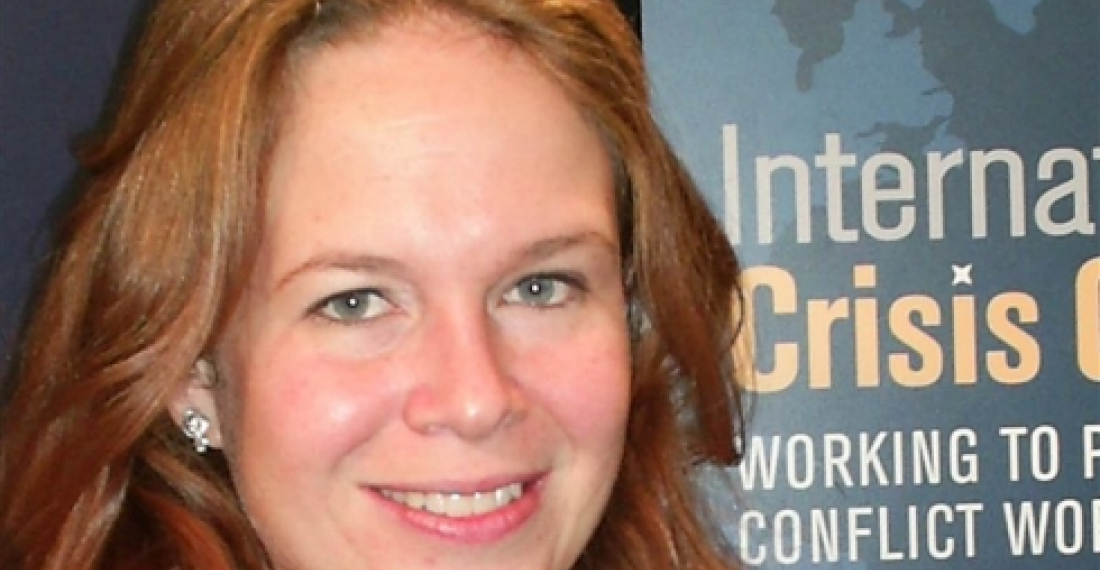Yerevan, June 24. ArmInfo. The United States, the European Union and Russia don't seem to agree on much these days. But in the volatile South Caucasus, they concur that Armenia and Azerbaijan need to sign an agreement on Friday if they are serious about finding a peaceful solution to the decades-old Nagorno- Karabakh conflict, Sabine Freizer, Europe program director of the International Crisis Group, says in an article in The New York Times.
The expert continues: "To some, the deal on the table may not seem like much. After all, it would still only mark the start of a process, not its conclusion. But if Medvedev can get them to put ink to paper, it will be a rare and significant step forward in this confrontation and a validation of the Russian leader's persistence."
According to Freizer, the signs seem promising. "In a strongly worded statement issued at the May G-8 summit meeting in Deauville, France, Presidents Obama, Medvedev and Nicolas Sarkozy of France, representing the mediators of the "Minsk Group" charged with settling the dispute, highlighted the Kazan meeting and demanded no further delay."
"It is now up to President Serzh Sargsyan of Armenia and Ilham Aliyev of Azerbaijan to decide if war or peace is more threatening. They have done very little to prepare their people for peace and a lot to prepare them for war. But they could still convince their citizenry of the advantages of compromise. If a deal is forthcoming in Kazan, they will need to do a lot to prevent spoilers from surfacing."
"If the presidents don't sign, the international actors will have to start preparing for a renewal of fighting that would be drawn out. With so much violence already happening in the broader region, this is not an eventuality that the United States, the E.U. and Russia can afford," Freizer says in conclusion.
Expert:
Expert:







